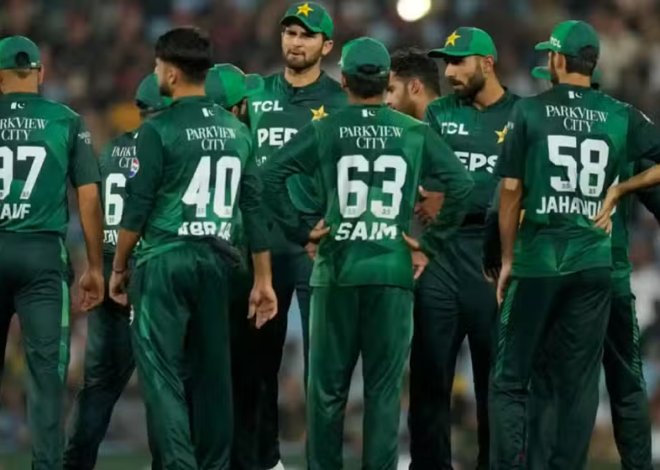
Former Captain Says India Deserves Even More of ICC’s Revenue
A former international captain has asserted that India merits an even larger share of the International Cricket Council’s (ICC) collective earnings, citing the country’s unmatched contribution to the global popularity and financial engine of the sport.
Market Power and Revenue Share
Under the ICC’s revised distribution model for the 2024–27 cycle, national boards receive allocations based on a formula considering commercial revenue contribution, historical ICC performance, domestic cricket infrastructure, and full membership status. India’s share stands at 38.5%, amounting to roughly USD 230 million annually, while England and Australia receive about 6.9% and 6.3% respectively. Pakistan follows as the next largest recipient at approximately 5.75%
The former captain emphasized that India generates between 70% and 80% of ICC’s commercial income, particularly through television rights. A recent broadcast deal alone in India brought in more than USD 3 billion, dwarfing the earnings from all other territories combined .
Endorsements from Cricket Executives
High-ranking officials from other cricket boards have publicly defended India’s prominent share. The chief executive officer of the England and Wales Cricket Board argued that India’s dominant position is “understandable,” considering its massive market size, fanbase of 1.4 billion, and ability to generate substantial interest and revenue the world over . Similarly, Cricket Australia’s chairman acknowledged that Ind contributes up to 80% of ICC revenue and thus merits a sizeable share
Criticism from Smaller Cricket Nations
However, voices from smaller cricketing nations have raised concerns. The CEO of Cricket West Indies criticized the heavy skew toward the so-called “Big Three” and urged them to support the survival of smaller full-member boards . Associate member representatives have warned that a model too biased in favor of India may hinder cricket’s expansion in underdeveloped markets
Former Pakistan Cricket Board president and ICC chair Ehsan Mani argued that backing a single rich nation makes little strategic sense. He called for more equitable revenue distribution, warning that long-term overdependence on one market weakens the global presence of the sport .
An Opaque Formula
Critics often point to opaque component weightings behind the model. These include India’s historical ICC legacy, its success in both men’s and women’s competitions, its contribution to broadcasting revenue, and baseline full-member privileges. Though each full member starts with a base allocation, commercial contribution dramatically shifts the balance in India’s favor .
A former England captain and cricket analyst called the new structure deeply flawed, predicting it will exacerbate inequalities and weaken Test cricket in less wealthy nations. He noted that England, Australia, and India already benefit from hosting premier tournaments and earning from TV deals—a self-reinforcing advantage .
Real-World Impact for Smaller Boards
For boards like the West Indies, and associate nations such as Ireland, Afghanistan, Netherlands, and Zimbabwe, ICC funds are critical. But reduced financial inflows threaten domestic leagues, talent development, and international competitiveness .
One passionate Reddit commentator highlighted that while India takes under 40% of ICC revenue, it actually funnels back far less than it contributes—financing less than half of its generated value. Meanwhile, smaller nations end up receiving multiples of what they inject into the global pool.
India’s Perspective and Global Balance
From India’s standpoint, the robust share reflects its role in sustaining the ICC’s commercial framework. With massive audiences, franchise leagues, and infrastructure investments funded privately, IND cricket runs largely without government subsidy .
That said, some argue IND could opt for a slightly smaller share in favor of global equity. A former England captain suggested that if IND were to accept 25% instead of nearly 40%, it would free funds to support struggling cricket boards without compromising its own financial health







